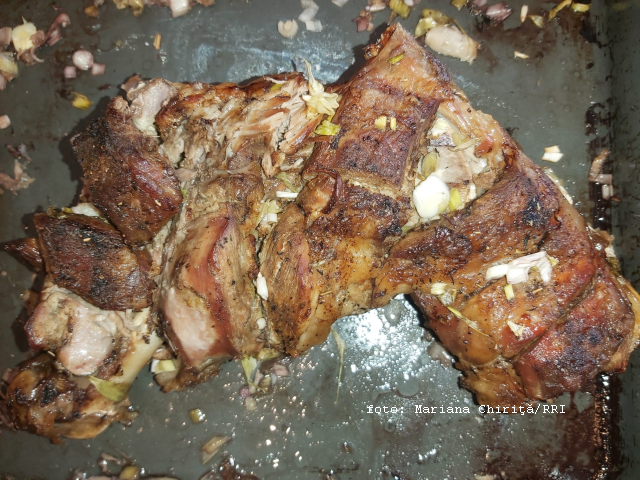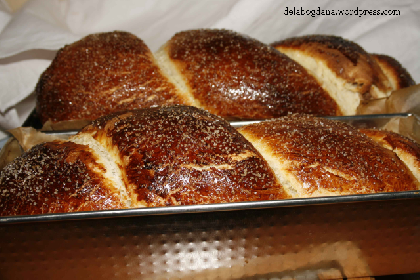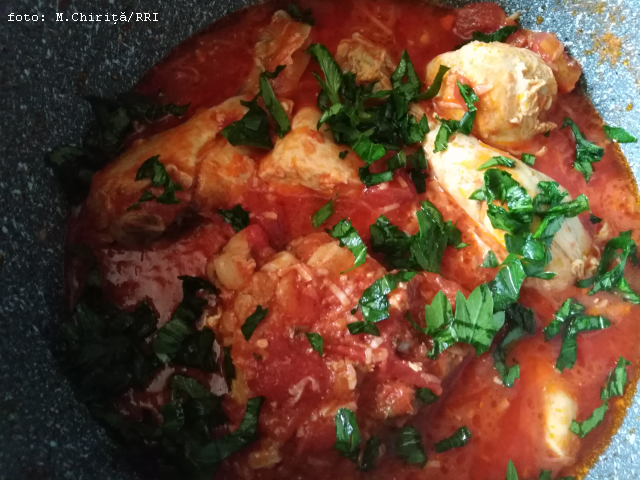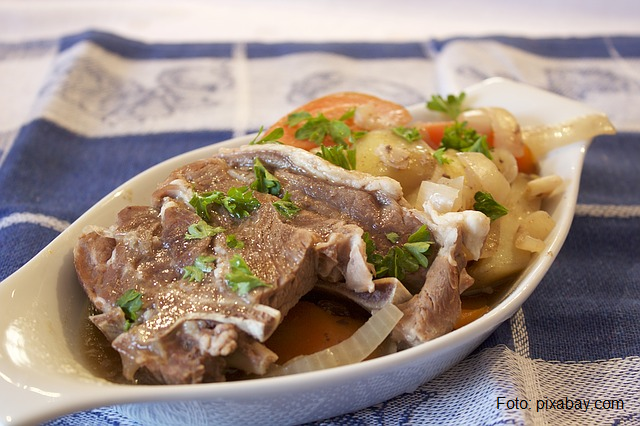Koliva
While recipes may vary widely, the primary ingredient is wheat kernels which have been boiled until they are soft, they are drained very well and spread on a cloth to be just moist, and then sweetened with honey or sugar.
Ștefan Baciu, 13.12.2017, 13:17
While recipes may vary widely, the primary ingredient is wheat kernels which have been boiled until they are soft, they are drained very well and spread on a cloth to be just moist, and then sweetened with honey or sugar.
The practice of offering koliva at funerals is traditional in Greece, Cyprus, Bulgaria, Romania, Moldova, Russia and the Balkan countries. Koliva was introduced in the Orthodox rituals of funeral and commemoration of the death in the 4th century. This is related to a happening that occurred during the reign of the Roman Emperor Julian the Apostate who, in his attempt to humiliate the Christians, ordered the governor of Constantinople that blood from pagan sacrifices be sprinkled over all the food that was sold there. Christians got wind of that and, on that day, they did not buy anything from the market. They chose to eat boiled wheat with honey. Following that incident, koliva was introduced in the ritual of commemorating the dead. In the Orthodox tradition, Koliva is usually brought to church together with a bottle of wine for Saturday’s commemoration mass.
When preparing koliva one must observe a certain ritual. The hulled wheat kernels must be washed in cold water 9 times before being boiled. You need one kilogram of wheat kernels, half a kilo of sugar or 400 milliliters of honey, half a kilo of walnut kernels, 100 grams of raisins, vanilla essence, simple biscuits, cocoa, and white candies to decorate the koliva. Boil the wheat kernels in salt water, over low heat and boil until they get soft. Don’t stir so as to avoid crushing the wheat kernels. When the wheat is boiled, remove pot from heat and leave to cool. Then drain.
Next mix the wheat with honey or sugar, with the ground walnuts, the raisins and add a little vanilla essence and blend the ingredients until you obtain a homogeneous mixture. On a plate, lay a thin layer of ground biscuits, then place the mixture on the plate and level it to obtain a thickness of about 5 cm. Next sprinkle with another thin layer of ground biscuits. Place a cross-shaped form on top and dust cocoa power to obtain decoration in the shape of the cross on the koliva. You can also decorate the koliva with candies. The koliva usually goes well with a glass of wine.

